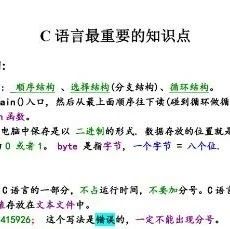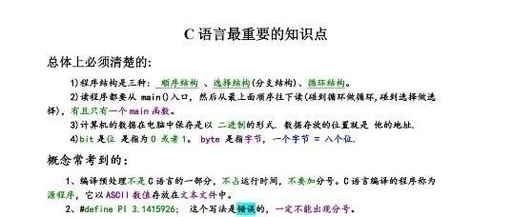The Language Behind C: What Is C Written In?
This is a question from my planet: “What language is C written in?” To ask it from another angle, it is actually: C needs to be compiled before it can run, so where does the C compiler come from? What language is it written in? If it is written in C itself, then which came … Read more









